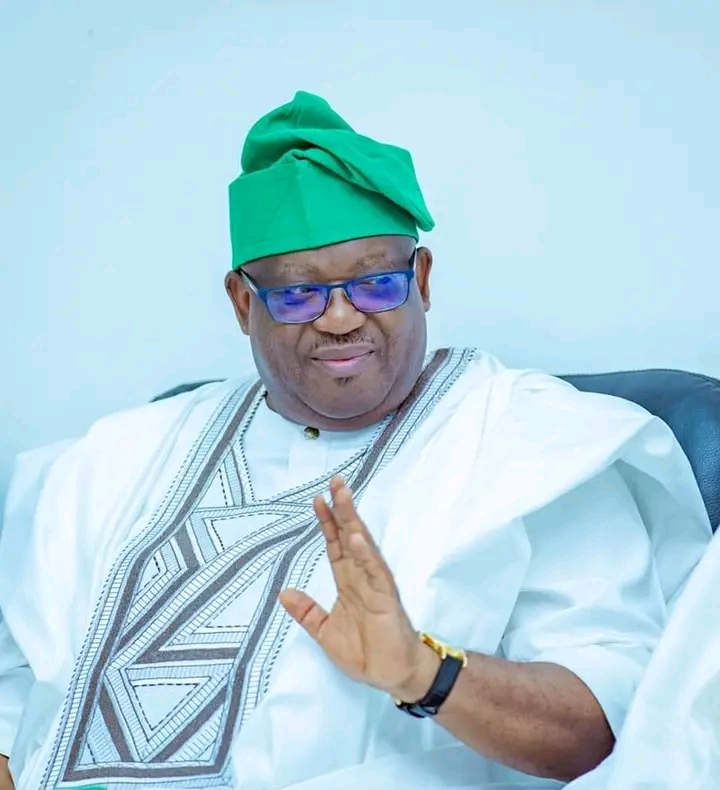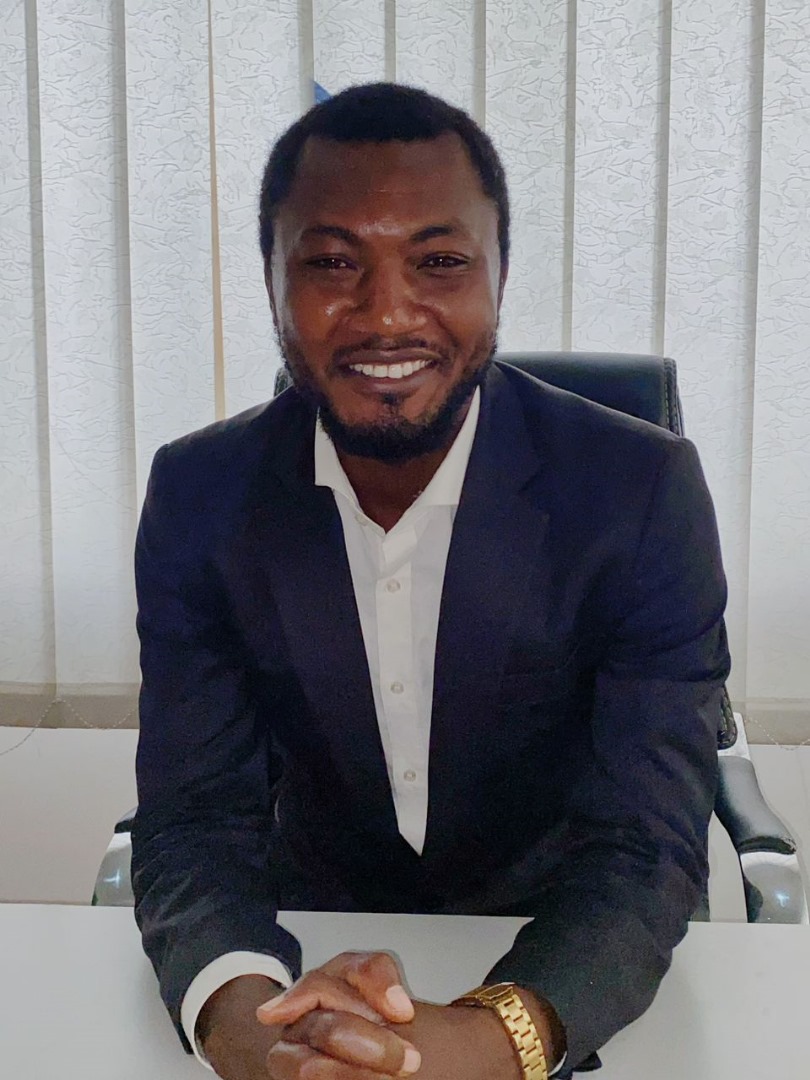Jos, a city nestled on the Jos Plateau in Nigeria, boasts an abundance of mineral resources and a uniquely cooler climate compared to other regions.
Historically, Jos rose to prominence during the British colonial era in the early 20th century, driven by the lucrative mining of tin and columbite. This attracted a diverse influx of Urhobos, Yorubas, Hausas, Igbos, and others, fostering economic growth.
However, over the years, Jos has grappled with ethnic and religious tensions, particularly in the late 20th and early 21st centuries, affecting its social fabric and economic development relative to other Nigerian states. Despite these challenges, Jos remains a vital cultural and economic hub in Nigeria.
The history of religious violence in Nigeria has deep roots, preceding the recurrent crises that periodically escalate. Nonetheless, the Jos conflicts introduced a complex dynamic, pitting religion, culture, and ethnicity against one another. This brief examination will delve into the conflict’s history and explore the renewed prospects for peace ushered in by the administration of His Excellency Caleb Manaseh Muftwang, transforming the formerly volatile state of Jos.
My heart skipped a beat when I saw the breaking news on various frontline media outlets about a purported bomb blast at the Old Juth Terminus market on November 12, 2024 – the same day I began writing this article to highlight the positive impact of our dear governor on the Plateau. However, I was relieved to learn that the reports were false. The Old Juth Terminus market has a painful history, having witnessed a devastating twin bomb blast that claimed numerous lives, including medical students from Jos University Teaching Hospital who courageously responded to the first explosion, only to be caught off guard by the second blast. This tragic event left many children orphaned, parents childless, and families torn apart.

Fortunately, Governor Caleb Manasseh Mutfwang and the Plateau State Police Command swiftly debunked the recent bomb explosion rumors, restoring hope and calm to the community. As Fela Anikulapo Kuti would say, we must continue to seek truth and peace, avoiding “a shit show of sorrow, tears, and blood.
A New Dawn in Plateau State: Governor Caleb Manasseh Muftwang’s Selfless Commitment to Peace and Security
For decades, Plateau State has grappled with ethnic and religious tensions, resulting in devastating crises. However, since the emergence of Governor Caleb Manasseh Muftwang, the narrative has changed. His selfless commitment to building and improving security has brought a breath of fresh air to Jos North, transforming the area’s trajectory.
THE TRAJECTORY OF JOS CRISES
Jos has witnessed numerous tragic events, including:
– The 2001 Jos riots – On the 7th of September, 2001: A disputed sparked violence which escalated riots around the, with mosques and churches destroyed violence spread to nearby villages, the estimated 1,000-5,000 deaths, over 10,000 were displaced, there was widespread destruction of properties, wanton destruction of public and private properties and infrastructure Economic hardship and social disruption. It was a total blood bath that led to the death of innocent people and further reduced the worth and standing of Plateau state in Nigeria and a bad example to the world this was under the watch of H.E JOSHUA CHIBI DARIYE.
The 2008 Jos riots – The 2008 Jos riots were a devastating series of violent clashes between Muslims and Christians in Jos, Plateau State, Nigeria. These riots resulted in the loss of hundreds of lives and the displacement of thousands more. The underlying causes of the riots were complex and multifaceted. However, they were sparked by a disputed local government election, which highlighted the deep-seated ethnic and religious tensions in the region
The riots began as a protest against the perceived rigging of a local government election the protests quickly turned violent, with clashes between Muslims and Christians spreading throughout the city.
The Nigerian military was deployed to restore order, but their efforts were initially unsuccessful in quelling the violence.
The 2008 Jos riots had far-reaching consequences for the city and its inhabitants. The violence damaged relationships between Muslims and Christians, exacerbating existing tensions.
THE 2010 JOS BOMBING
The 2010 Jos riots were a devastating series of clashes between Muslim and Christian ethnic groups in central Nigeria. The violence started on January 17, 2010, in Jos, Plateau State, and spread to surrounding communities, resulting in the deaths of at least 326 people, with some estimates as high as 1,000.
The riots were sparked by a disputed local government election, but underlying tensions between Muslim and Christian communities, as well as ethnic and economic differences, contributed to the violence. The conflict escalated, with houses, churches, mosques, and vehicles set ablaze during at least four days of fighting.
On the 17th January, 2010: Violence erupted in Jos, spreading to surrounding communities, two days later on the 19th January 2010 the worst massacre occurred in Kuru Karama, with 174 people killed, including 36 women and 56 children. Two months later in March, 2010: Muslim Hausa-Fulani herders massacred over 100 Christians in Dogo-Nahawa village near Jos. The remote cause was brewing of ethnic and religious tensions between Christian Berom ethnic groups Muslim Hausa-Fulani.
This skirmish led to the death of over 5,000 people and several thousand displaced, the Nigerian authorities failed to protect the lives of innocent unsuspecting people and bring perpetrators to justice, fueling a cycle of violence.
JOS CRISES BETWEEN 2015-2023
This period was marked with several upheavals within the metropolis and the only tool we saw used by the government at little RAYFIELD was curfew, which did nothing but gag the helpless to be further slaughtered. The year 2021 was a devastating year for Plateau State, Nigeria, under the governance of H.E. Simon Bako Lalong. The state witnessed unprecedented violence, resulting in hundreds of deaths, thousands of injuries, and widespread displacement.
As the chief security officer of the state, Governor Lalong bore the brunt of the blame for failing to protect his people.
The security situation in Plateau State was dire, with various attacks and communal clashes claiming many lives. Governor Lalong’s administration faced intense criticism for its handling of the crisis, with many questioning his leadership and ability to maintain peace and order.
The consequences of the 2021 violence were far-reaching, extending beyond the immediate human toll. The security failures of Governor Lalong’s administration had significant political implications, ultimately affecting his handpicked successor’s chances in the 2023 election. The People’s Democratic Party (PDP) capitalized on the widespread dissatisfaction with the All Progressives Congress (APC) leadership, securing victory in the election.
In retrospect, Governor Lalong’s tenure was marked by periods of instability and conflict. Despite his efforts to address the security challenges, the 2021 crisis proved to be a turning point in his administration’s legacy. As the state continues to rebuild and recover, it is essential to examine the lessons learned from this tumultuous period and work towards a more peaceful and prosperous future for all Plateau State residents.
A Break from the Past
Unlike his predecessors, including Governors Joshua Dariye, Michael Botmang, Jonah Jang, and Simon Lalong, Governor Muftwang’s leadership has been marked by a deliberate effort to promote unity and inclusivity. His message of “one Plateau” resonates deeply with the people which has brought calm to rising nerves and unscruplus elements who can no longer capitalise on the divisions and inequality to forment strive amongst the warring parties.
Governor Caleb Manasseh Mutfwang has made significant strides in enhancing security on the Plateau. In his inaugural speech, he emphasized the importance of peace and security, recognizing that development can only thrive in a secure environment. To achieve this, he has committed to rallying national security apparatus and collaborating with critical stakeholders
KEY INITIATIVES TO SAVE LIVES OF PLATEAUNIANS
– Reviving Operation Rainbow: Mutfwang plans to revive and equip the state security outfit to augment existing national security efforts .
– Resettlement of Internally Displaced Persons (IDPs): He aims to establish a Standing Committee to oversee the resettlement of IDPs and promote community relations.
– Strengthening Community Relations: Mutfwang will deepen the operations of the Plateau Peace Building Agency (PPBA) to foster mediation and dialogue-centered approaches to conflict prevention and resolution.
By taking proactive measures, Governor Mutfwang demonstrates his dedication to ensuring the safety and well-being of Plateau State residents. His efforts to provide adequate support to security personnel who risk their lives daily are particularly commendable. As he continues to work towards a more secure and peaceful Plateau, the state can look forward to a brighter future.
Conclusion
Governor Caleb Manasseh Muftwang’s selfless commitment to Plateau State’s progress is a testament to his leadership prowess.
During the campaign as the candidate of the P.D.P the governor makes the song of togetherness his mantra, adorned with his green cap and white native dress he sings:
“ I don’t care what tribe you belong to, as long as the Plateau you live…..”
As the state continues on this positive trajectory, it’s clear that his vision for a united, secure, and prosperous Plateau is within reach.
RINDAP NANJUL DANJUMA.,Esq
LEGAL PRACTITIONER
dnanjul@gmail.com
count | 54

Recent Comments
Mwanchuel Daniel PamMarch 8, 2024 at 11:06 pm
Bob WayasNovember 6, 2023 at 5:30 am
JosephNovember 5, 2023 at 3:47 am